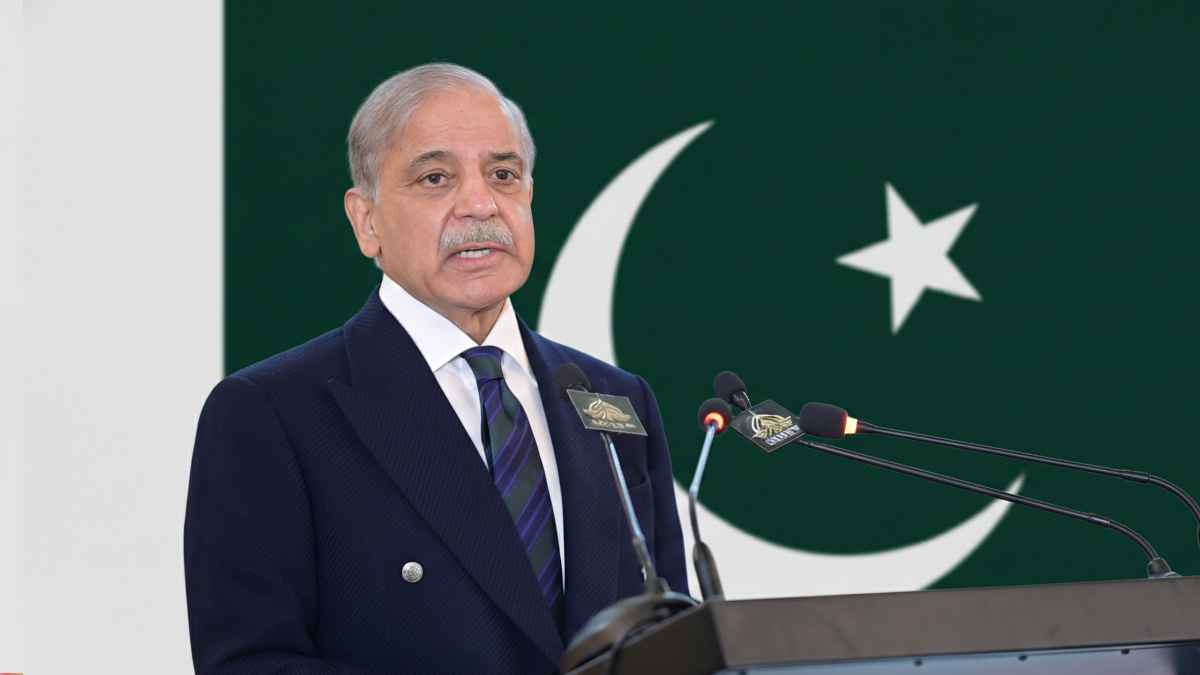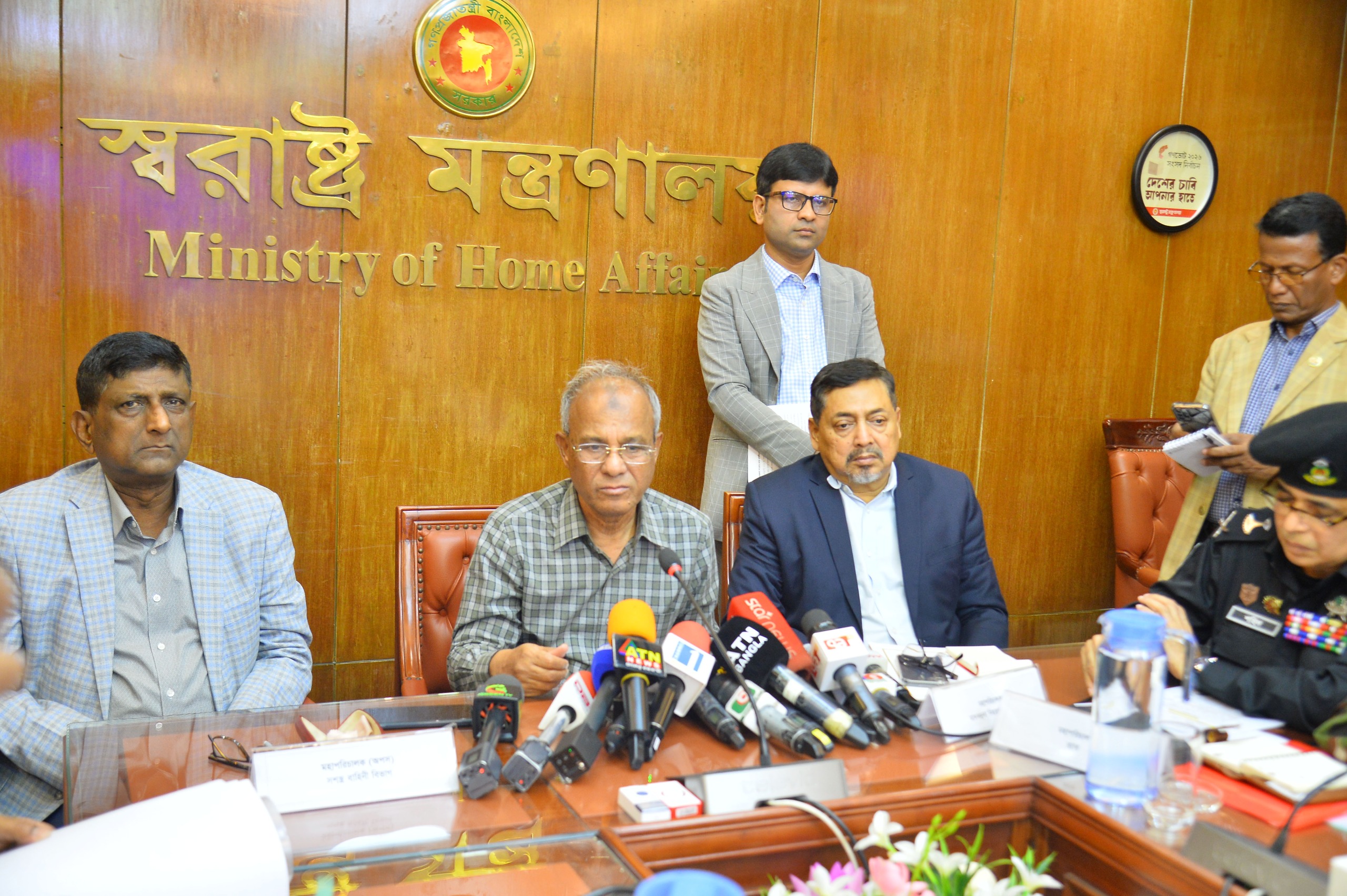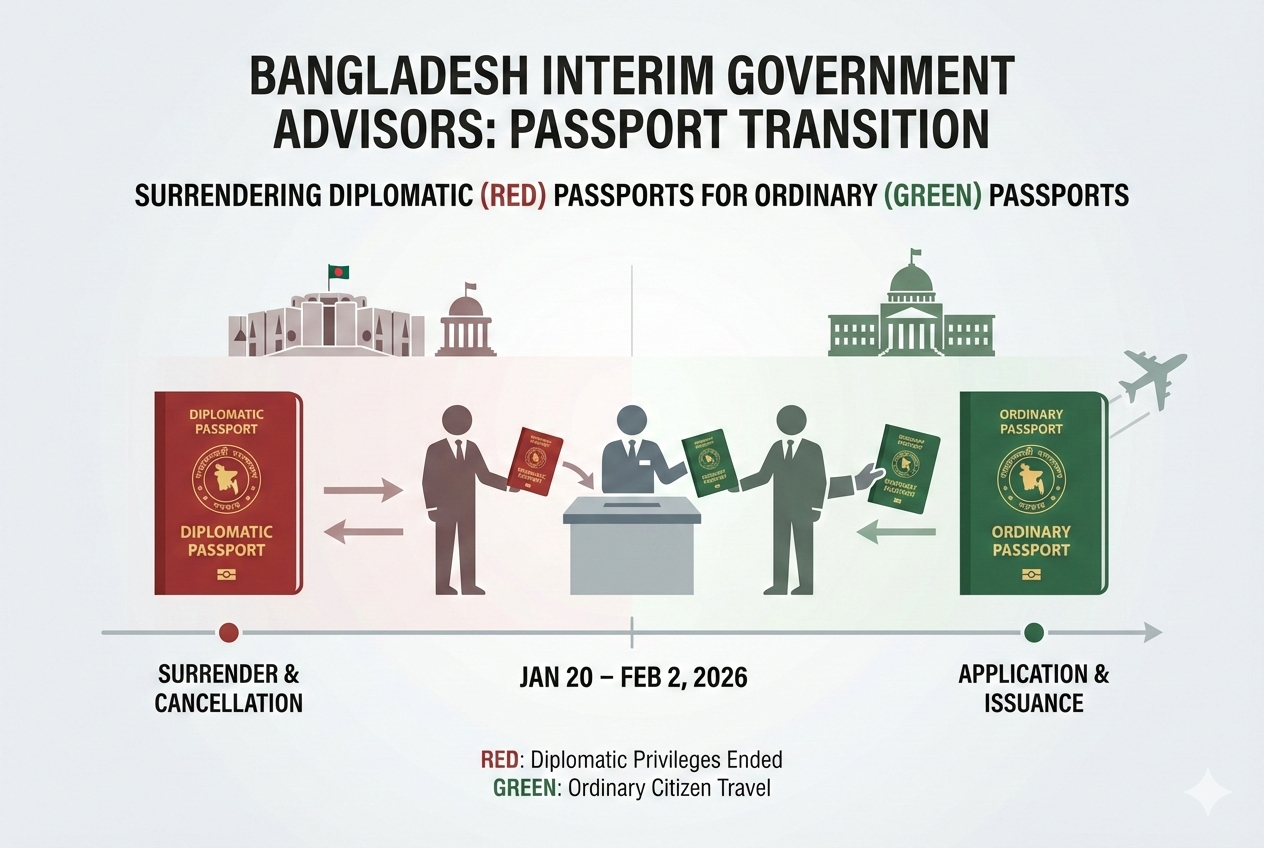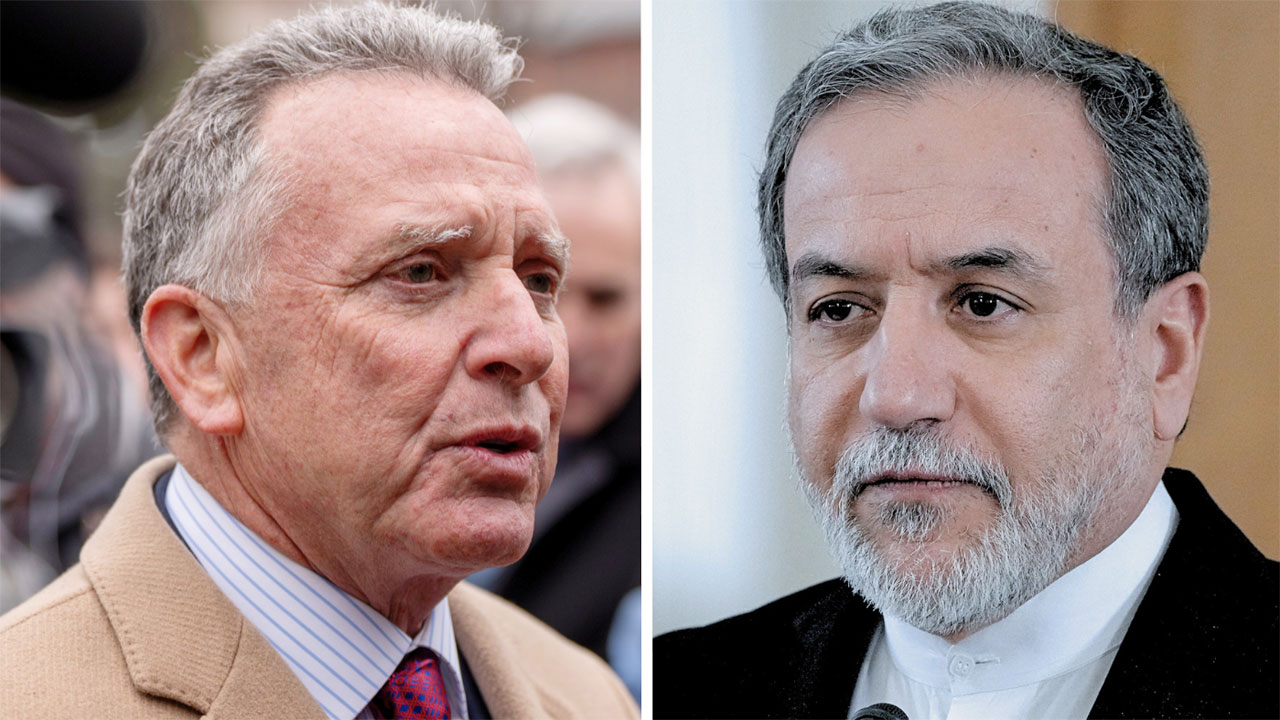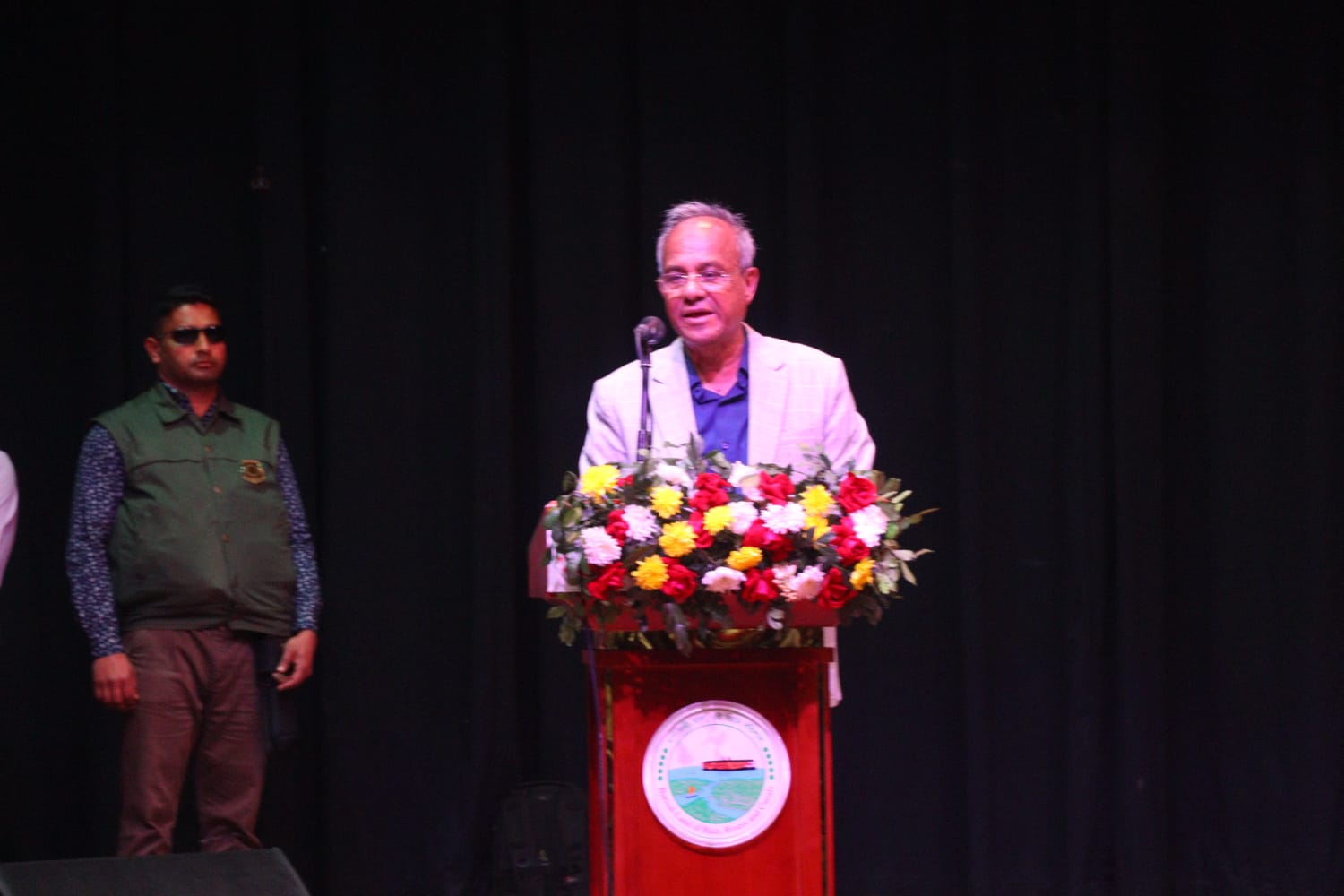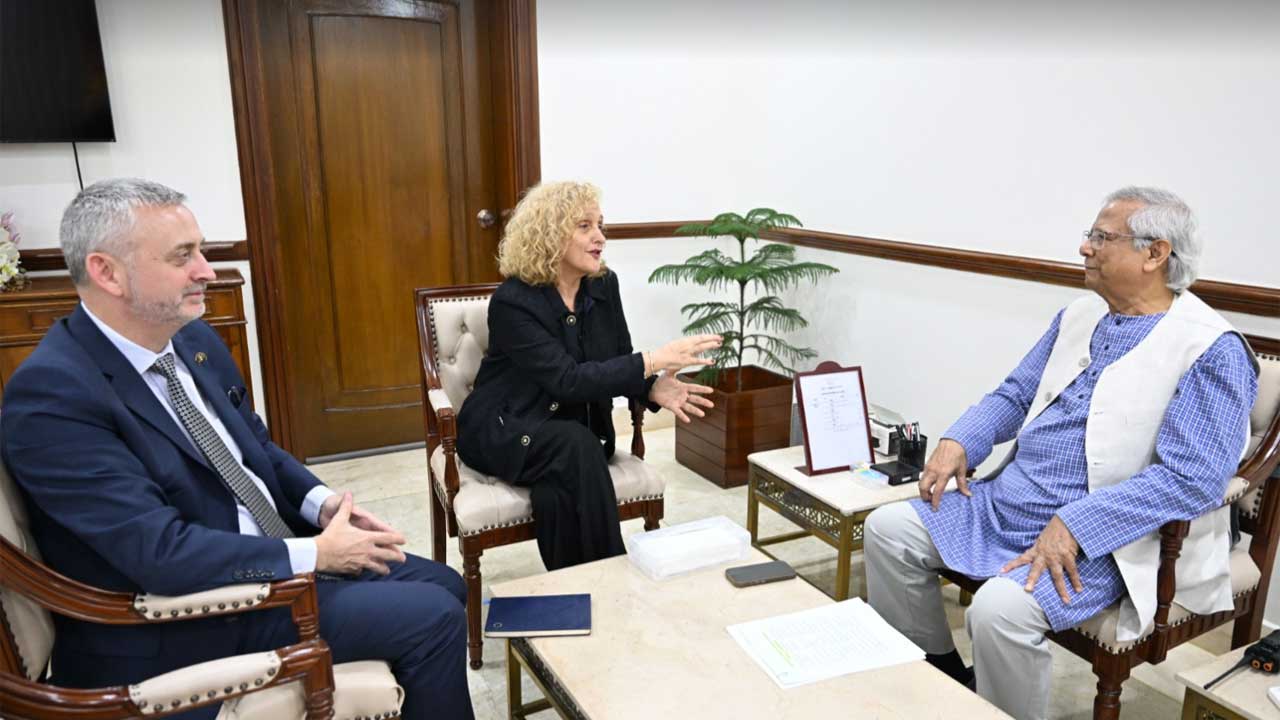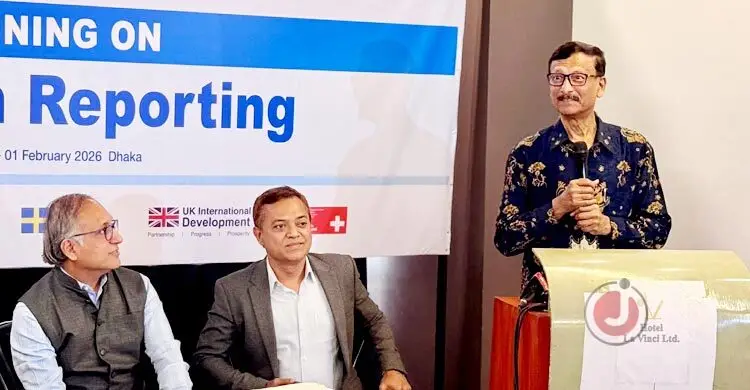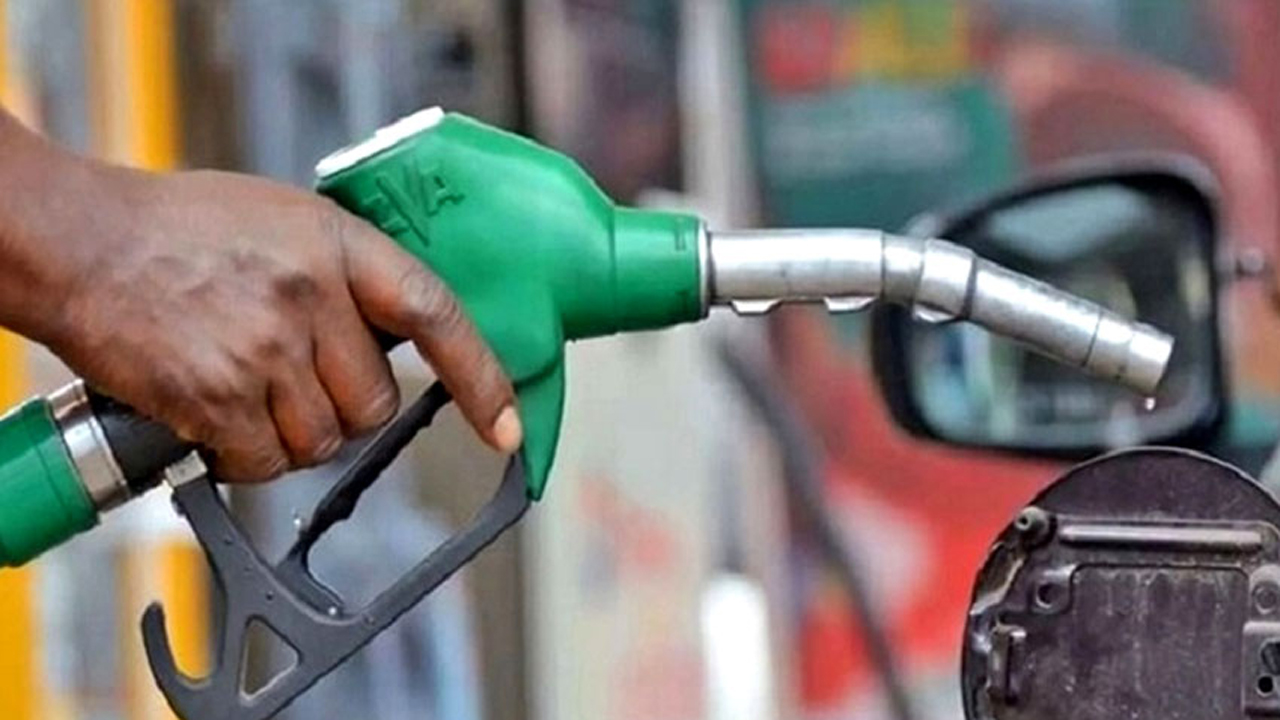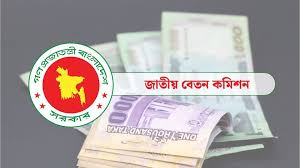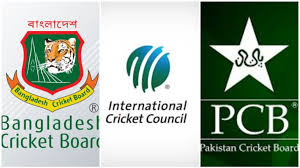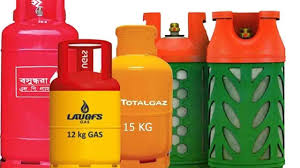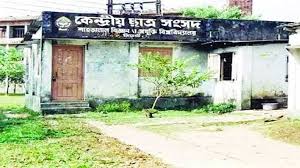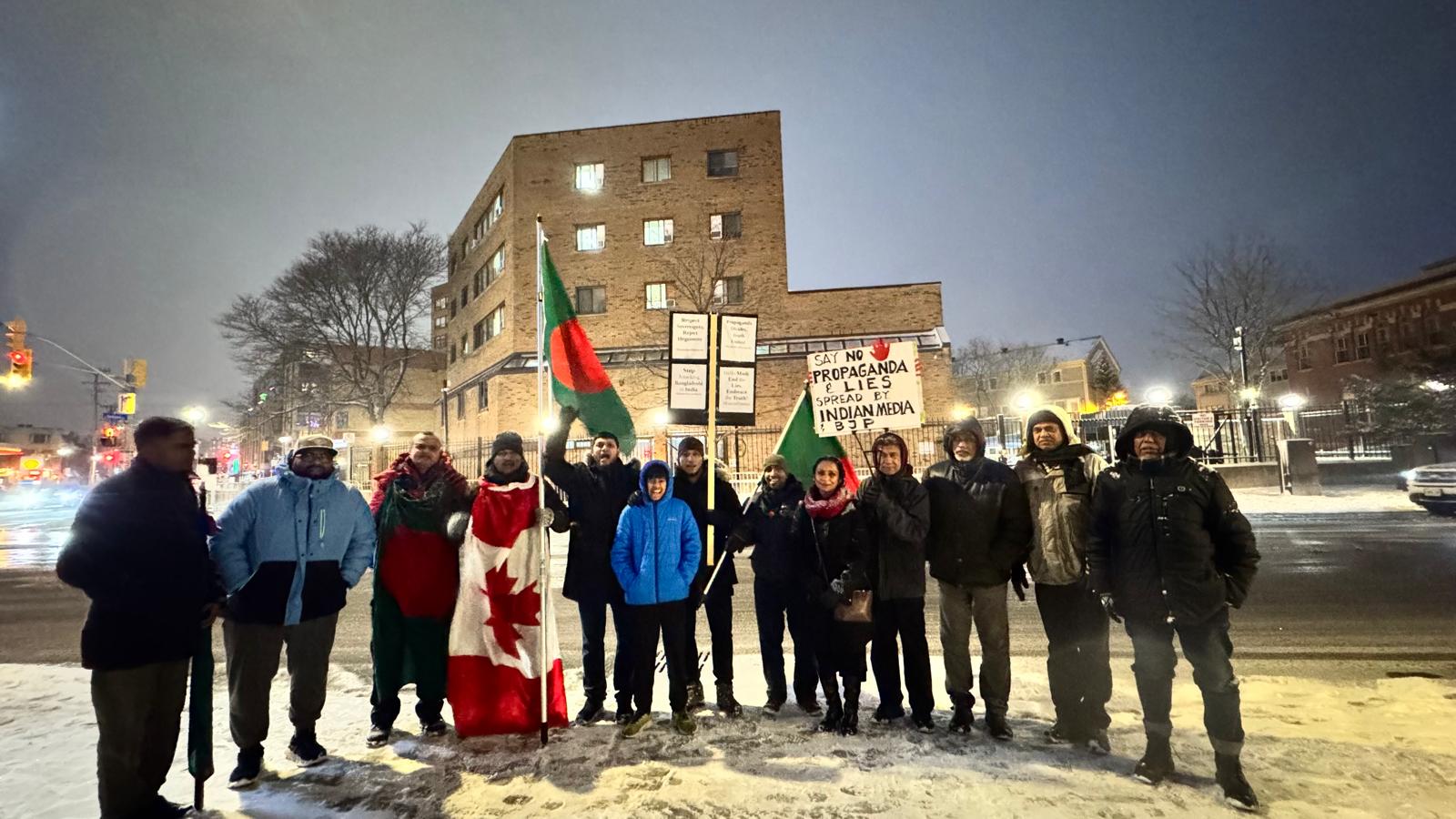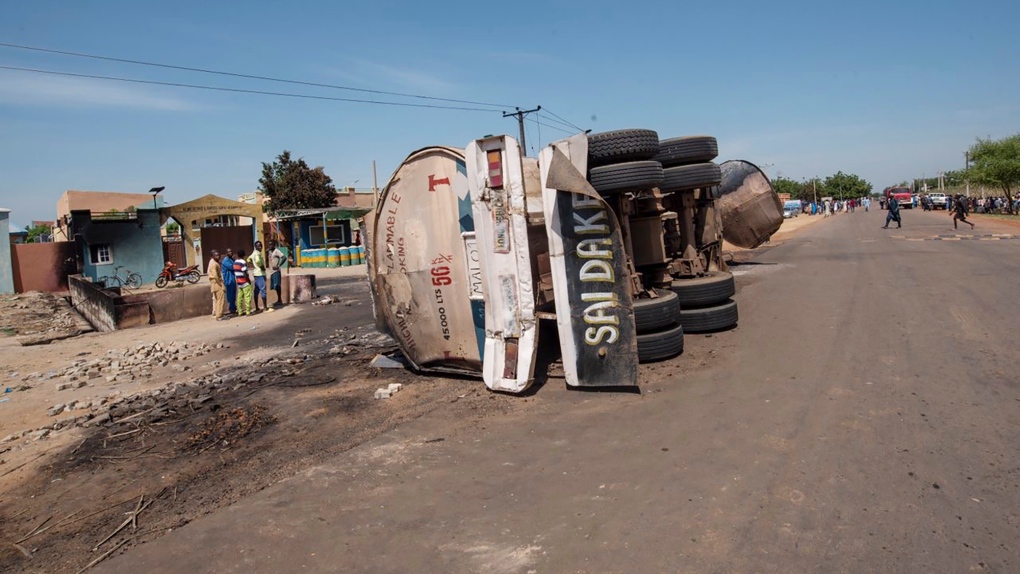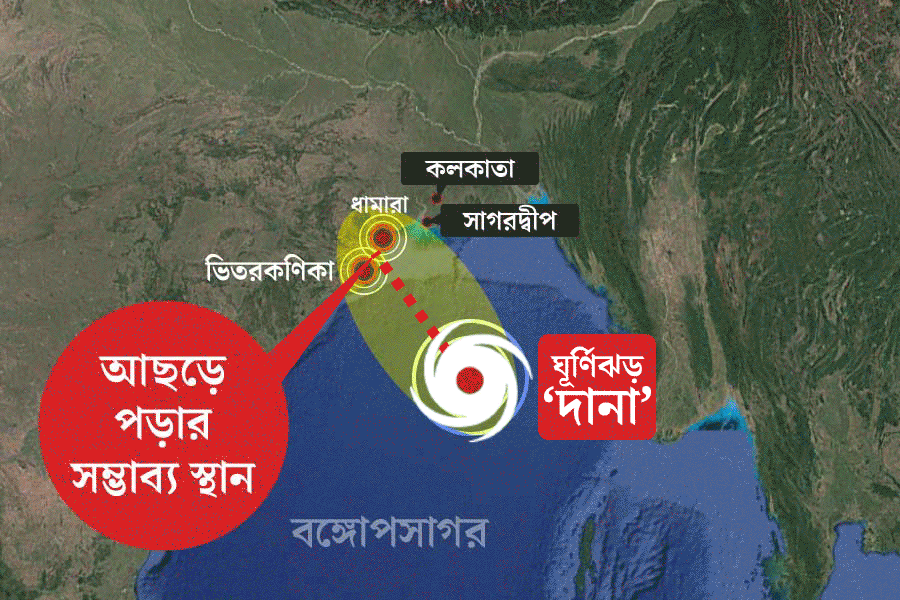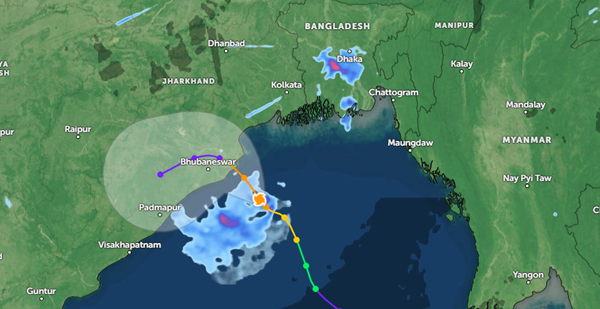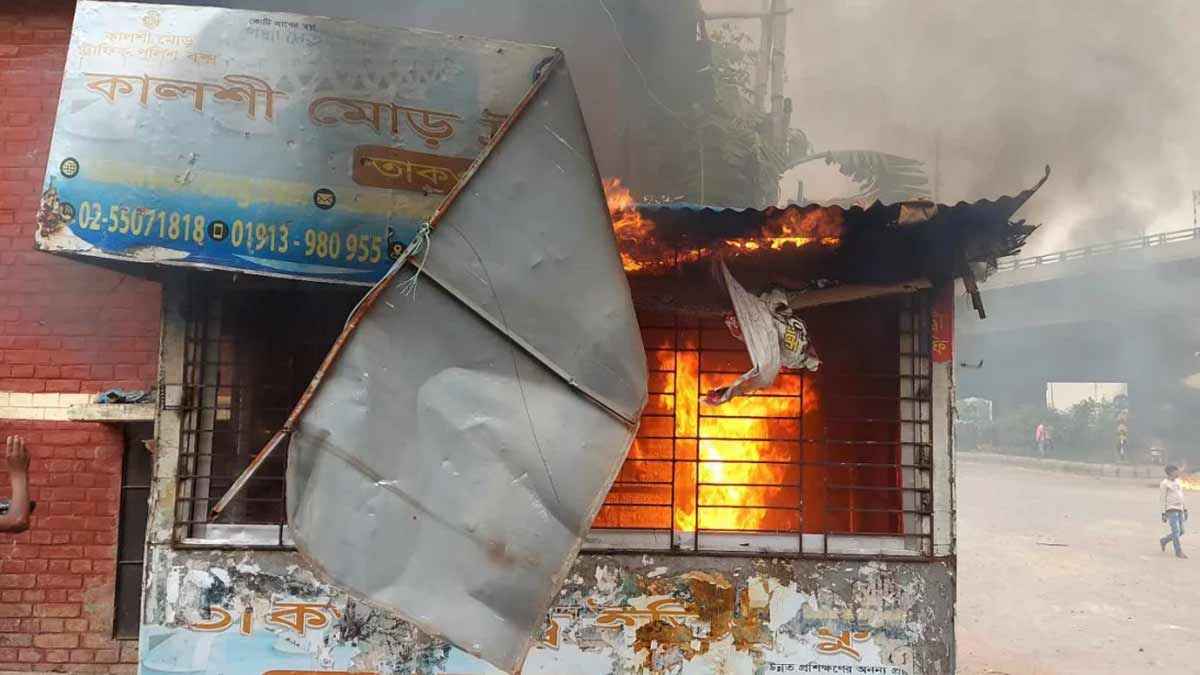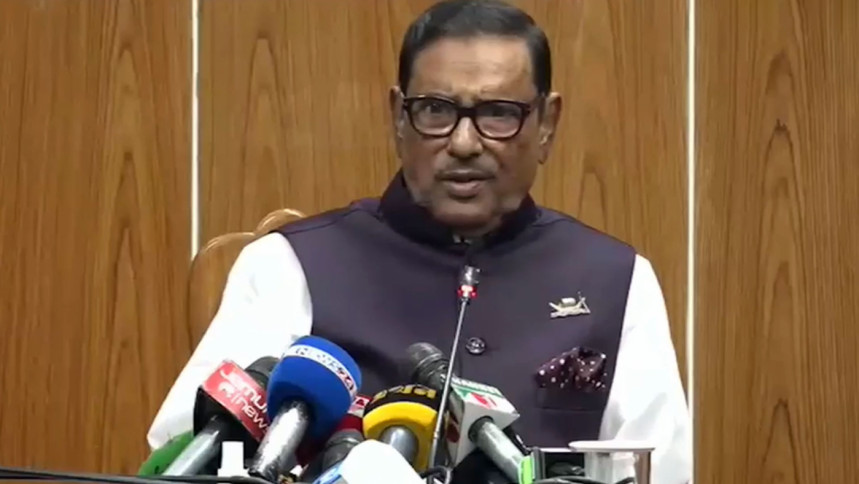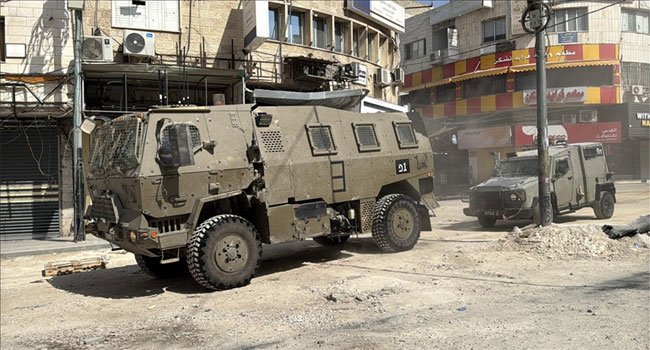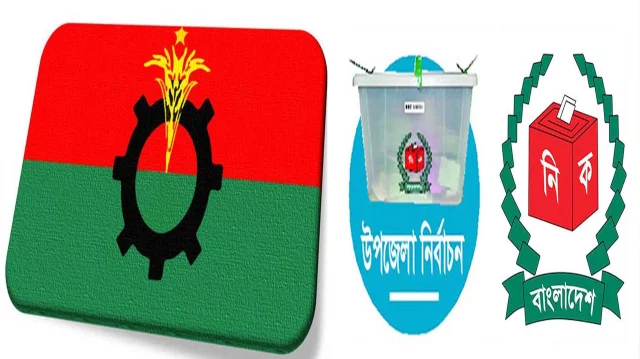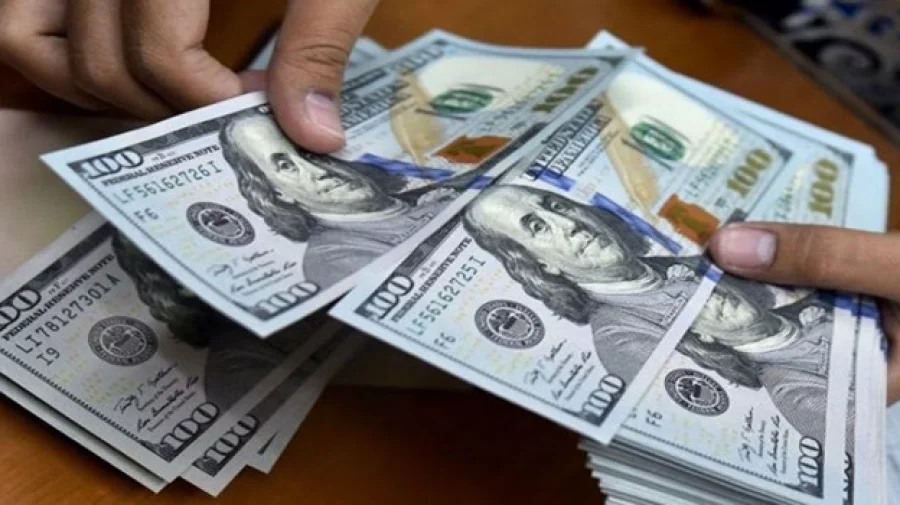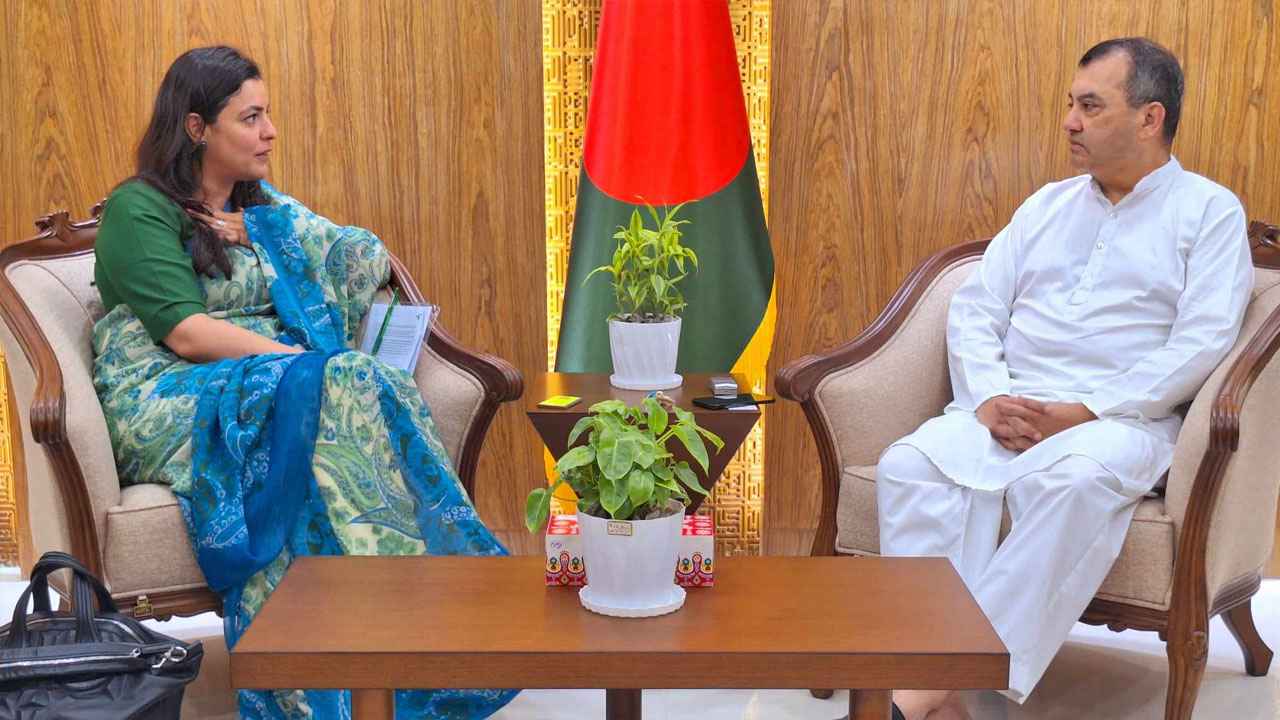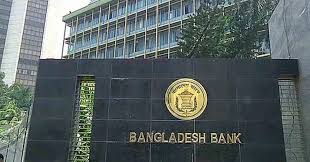
Bangladesh Bank has taken the initiative to revive and revive businesses that faced difficulties in doing business during the ousted Awami League government or were affected by the appreciation of the US dollar. The regulatory body has given the affected businesses the opportunity to regularize their defaulted loans by depositing 2 percent of the amount. The maximum tenure of this loan will be 10 years. If the loan is regularized, a two-year moratorium on loan repayment will be available initially. To avail this facility, one has to apply to the concerned bank by December 31 of this year.
Bangladesh Bank's Banking Regulations and Policies Department issued a notification on Tuesday providing facilities for rescheduling loans to defaulting businessmen. It said that the bank will have to settle the loan rescheduling application from the affected institution within six months. The board of directors of the concerned bank will take the final decision on the loan rescheduling. Similarly, one-time loans can be repaid. In this case, customers will get one year. There will be no need to get any no-objection from Bangladesh Bank for this. As a result, it is expected that businessmen who were under pressure during the Awami League government and were associated with the politics of BNP and Jamaat will get the benefit.
By the end of June, defaulted loans in the country had increased to Tk 5,30,428 crore, which is 27.09 percent of the total loans disbursed. In one year, defaulted loans in the country have increased by more than Tk 3,00,000 crore.
The main objective of providing loan regularization facilities, Bangladesh Bank said, is that before the political change in August last year, many borrower institutions that were investing and creating employment were hindered in conducting normal business activities due to uncontrollable reasons. As a result, the institutions faced difficulties in repaying loans or loan installments. Some of them were unable to conduct normal business activities due to unprofessional attitudes towards loan-related banking and ancillary services. As a result, they became defaulters. On the other hand, there was an adverse impact on the banks' loan collection activities, which put the country's economy and the financial structure of the banking sector at risk overall.
In such a context, Bangladesh Bank has taken various initiatives to restructure the affected institutions, restore the desired momentum in the banking sector and restore the dynamism of the country's economic activities. Institutions affected by the impact of disruptions in the global supply chain and the unexpected depreciation of the domestic currency against foreign currencies due to various reasons will also be eligible to apply for this facility. Institutions that have not previously received facilities such as loan rescheduling and restructuring will be given this policy support on a priority basis.
Bangladesh Bank's new notification states that based on the banker-customer relationship, at least 2 percent of the outstanding defaulted loan balance as of June 30 of this year will have to be deposited in cash. If the loan is regularized, it will have 10 years to repay it, including a two-year grace period (break in loan repayment). However, if the loan has been rescheduled three or more times in the past, an additional 1 percent will have to be deposited. However, if the loan is subsequently rescheduled three or more times, the institution concerned will be identified as a defaulter.
The notification further states that the money deposited earlier will not be considered as 2 percent. If the new 2 percent money is deposited and it is cashed, the application will have to be settled within six months.
Bangladesh Bank has directed the concerned bank to reschedule the loan by properly considering the actual amount of loss suffered by the affected borrower and the possibility of the institution's turnaround. The directive also states that within 90 days of providing this facility, the bank authorities will have to take measures to suspend the ongoing case proceedings through a solemn declaration of the bank and the customer. If a customer violates any condition of the facility, all the facilities received by him will be cancelled. The bank can even take necessary legal action to recover the loan.
According to the instructions, if the bank is unable to decide on providing policy support for loans of Rs 300 crore or more, an application will have to be made to the Policy Support Selection Committee formed for the purpose of restructuring business and financial systems with the approval of the board of directors. Loans taken through fraud or any other fraud or irregularity or wilful defaulters finally declared by the bank will not get this loan facility.
Anis A Khan, former chairman of the Association of Bankers Bangladesh (ABB), told Prothom Alo that many of the country's good businessmen are suffering. Their loans have defaulted. They are waiting for the elections. Some have fled, while others are in jail. This facility was needed for businessmen who can play a role in the country's GDP and employment. This will allow them to return to business or increase its pace. Many politicians will also get this facility. Elections are ahead. For this, everyone will try to regularize loans. They will also get the facility. Although it is stressful for banks to regularize loans at such a discount in normal times, it is okay in the current situation.
